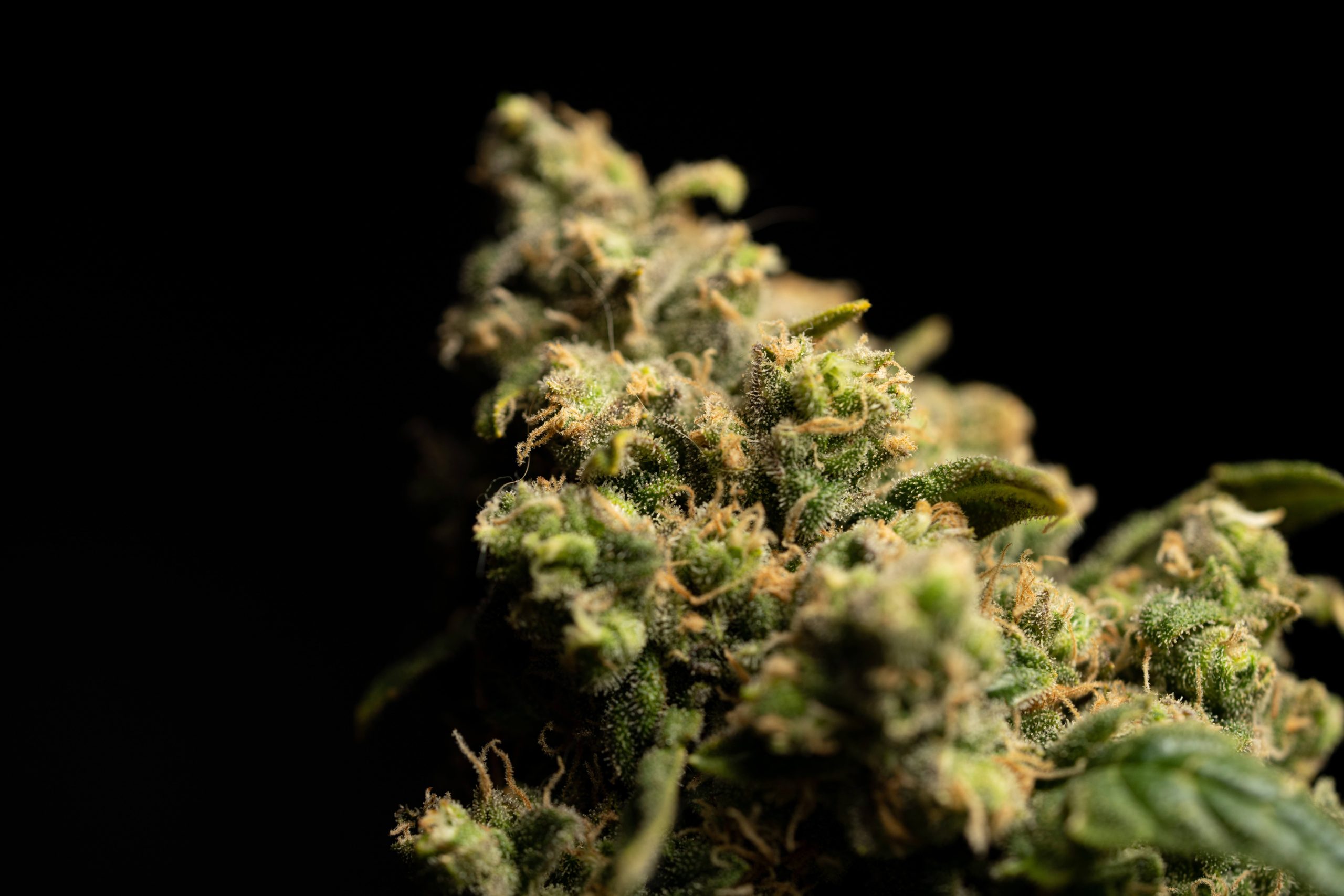Your cart is currently empty!
Shipping Update: Our shipping policies have changed! Some states have restrictions on certain products. Click here to learn more!
May 19th, 2022

Did you know there is a fast-growing collection of hemp-derived cannabinoids making their way onto the market? Not only that, but it can feel like the industry as a whole is evolving so quickly that it’s almost impossible to keep up. One of the most exciting cannabinoids that we’ve seen in recent years is tetrahydrocannabivarin (THCV). Because THCV doesn’t create a powerful high like many of the other recent additions to the market, some people may underestimate its significance and value.
However, tetrahydrocannabivarin is actually an incredibly useful cannabinoid with effects that make it stand out from the rest. So, for anyone interested in exploring THC, it’s important to have a good understanding of its potential, what it can be useful for, and how best to take it in order to ensure desirable results.
Tetrahydrocannabivarin is a minor cannabinoid in the hemp plant that was discovered back in 1973. Being a trace compound, it never got much attention following its discovery as the process of isolating it was simply too costly and tedious. But now that money is being poured into hemp research, scientists are able to analyze it more than ever before, hence the growing excitement surrounding its potential properties.
THCV and THC may sound similar to one another, and that’s because they are. The cannabinoid is an analog of tetrahydrocannabinol (THC), meaning that the chemical structures of the two compounds are nearly identical, but with some differences. To perceive this as an indication that THCV and THC behave virtually in the same manner would be a mistake, however. These two cannabinoids are hard to compare to one another since they have different uses and properties that create two entirely different experiences in the body.
Here’s where things get a little more complicated. Tetrahydrocannabivarin is technically classified as a mild psychoactive – meaning, it may get you high, but not as high as delta 9 THC, or likely even delta 8 THC. But, to access these psychoactive properties, a person must take a relatively high dose of the cannabinoid – and even the exact threshold amount is unknown, as it likely differs from person to person.
Tetrahydrocannabivarin acts as a CB1 antagonist in low to likely moderate doses, meaning that it does not get the user high, and may even neutralize the intoxication response caused by other psychoactive cannabinoids. But, after a certain dose is achieved, it becomes a CB1 agonist, causing intoxicating effects. These effects are generally considered to be mild, and the high seems to last for only half the duration of others like delta 9. The high is also only achieved at a boiling point about 100 degrees higher than that which is required to derive a high from delta 9, delta 8 and so on.
It’s important to know that tetrahydrocannabivarin is not primarily taken for psychoactive effects. While these can be recreationally enjoyable and are worth exploring on their own if you enjoy trying out different intoxicating cannabinoids, THCV has a lot of properties that pertain to physical function that make the cannabinoid more significant.
Now, this brings us to the topic of tetrahydrocannabivarin’s impact on drug tests. THCV shares so much in common with THC in terms of its chemical structure that it does come with a risk of causing a failed drug test, even if you’re not actually achieving psychoactive effects from taking it. This is because all THC compounds are broken down by the same enzyme – THC-COOH. This enzyme is what urine-based drug tests are looking for, rather than THC itself. So, be wary of this if you are a person who gets drug-tested for work.
Despite the fact that THCV is a cannabinoid that we’ve known about for decades, there’s a surprisingly limited amount of research on its more clinical properties. Again, this is due to the fact that the process of isolating cannabinoids has only become more cost-effective due to technology that has come out in the last few years.
That being said, we do know that THCV offers specific properties that can be extremely useful to people, including:
Ultimately, THCV is a legal cannabinoid on a federal level, thanks to the passing of the Farm Bill in 2018. This legalized the hemp plant and its many derivatives, stating simply that no hemp product can contain more than 0.3% delta 9 THC. Despite THCV being an analog to delta 9, the cannabinoid is entirely different and therefore legal.
But, some states have put blanket bans on intoxicating cannabinoids, as a result of the popularity of delta 8 THC. While no single state explicitly prohibits THCV, the wording of their laws implies that THCV is also illegal.
These states are the following:
Tetrahydrocannabivarin is becoming more and more popular, and it’s easier to find than ever before. Ultimately, we recommend buying your THCV from an online source, because THCV is so new to the industry that we don’t expect local stores to carry high-quality products, since most storeowners that don’t specialize in hemp know too little about the cannabinoid to maintain strict standards on the THCV they carry.
Tetrahydrocannabivarin can be found online in various product forms including gummies, tinctures and more. Don’t be surprised to find that many THCV products also contain active levels of delta 8 THC. Delta 8 and THCV may work together synergistically to maximize the psychoactive potential of the latter, and so many companies are using this combination in their formulas.
As always, if you’re going to seek out THCV products online, make sure that you’re buying from a reliable retailer that provides third-party lab reports on their products. This means that the THCV has been tested by an unbiased, state-authorized laboratory to ensure proper purity and quality levels. Also, make a point to read reviews of a product before buying, to know that other customers are pleased with a particular THC-O product.
One of our favorite THCV products is the Day Bear Gummies, which offers a stunningly balanced blend of THCV, CBD, CBG, and CBC to offer the most valuable properties associated with all of these cannabinoids at once. We also love the Bhumi THCV Chocolate Bar which blends THCV with delta 8 THC for enhanced psychoactive effects, all while delivering mouthwatering chocolate flavor.
Tetrahydrocannabivarin is a cannabinoid that can offer a lot more than a mild high, with its effects proving to be highly useful to the human body. At Greenlife Remedies, you can find premium THCV products in various formulations so that you can explore this cannabinoid for yourself. You’ll notice that we work strictly with reputable manufacturers and guarantee that all of the THCV products we offer have been lab-tested by a third-party to ensure maximum quality for the best experience possible.




How would you like to shop?